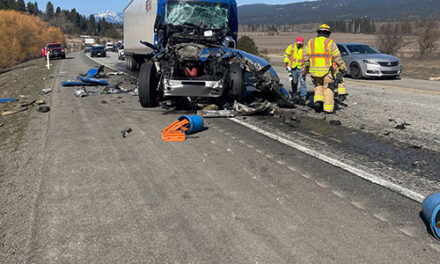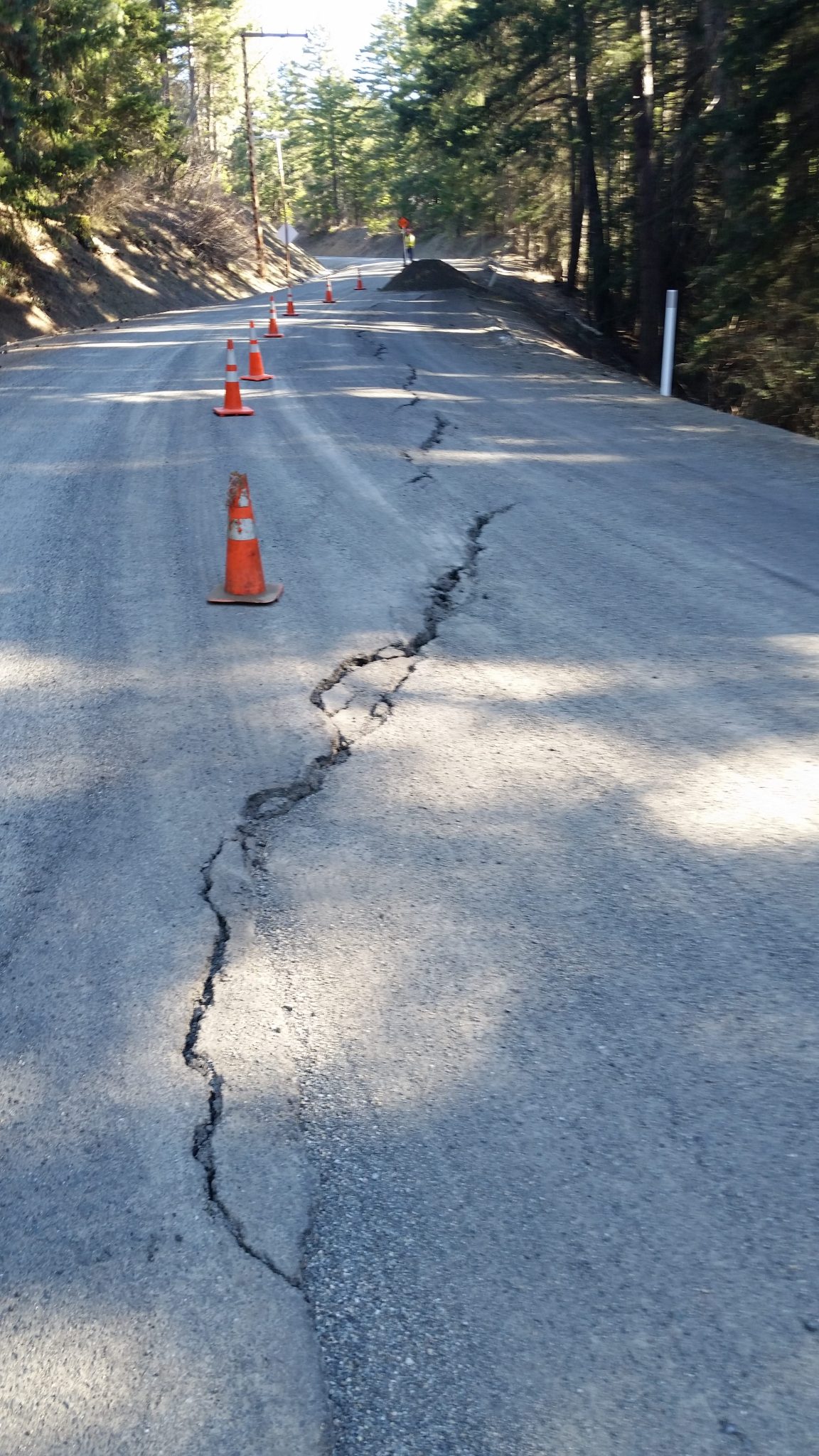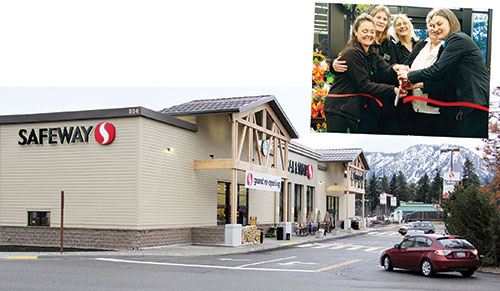Updated Wednesday, Nov. 27, 2013
Five new counties added to Stage 1 burn bans
Stage 1 bans start immediately in Columbia, Ferry, Franklin, Garfield, and Pend Oreille counties, according to the Washington Department of Ecology (Ecology). In addition, Stage 1 burn bans in Asotin, Chelan, Douglas, Kittitas, Klickitat, Okanogan, Stevens, and Walla Walla counties will continue.
Bans are necessary since poor air quality and stagnant conditions are expected to continue for the next few days.
Ecology’s Stage 1 burn ban for these counties will continue until at least 10 a.m. Sunday, when they could be called off or extended. The Stage 1 ban applies to the use of uncertified wood-burning devices (including wood stoves, inserts and fireplaces) and to all outdoor burning.
All outdoor burning – including residential, agricultural and forest burning – is prohibited.
Under a Stage 1, ban the use of uncertified wood-burning devices – including fireplaces, wood stoves and inserts – is prohibited unless they are a home’s only adequate source of heat.
Ecology’s burn bans do not apply on tribal reservations, where the U.S. Environmental Protection Agency has jurisdiction. (See information about the burn ban on the Yakama Reservation below.)
Burn ban violators are subject to civil penalties. You can report violators by calling Ecology’s smoke complaint hotline (1-866-211-6284).
For burn ban updates, go online to www.waburnbans.net.
EPA extends burn bans for several Northwest Indian Reservations
The U.S. Environmental Protection Agency is continuing burn bans on several reservations in Washington, Oregon and Idaho because of continuing stagnant air conditions and air monitor readings indicating diminished air quality in the region. The burn bans for the reservations listed below will continue. There is also a burn ban in place for the Colville Reservation.
A burn ban is in place until 10:00am Sunday Dec. 1 for the following reservations east of the Cascades:
- Spokane Reservation
- Colville Reservation
- Kootenai Reservation
- Yakama Reservation
A burn ban is in place until 10:00am Saturday Nov. 30 for the following reservations west of the Cascades and in Oregon:
- Stillaguamish Reservation
- Muckleshoot Reservation
- Nisqually Reservation
- Chehalis Reservation
- Tulalip Reservation
- Puyallup Reservation
- Warm Springs Reservation
The burn ban applies to all outdoor and agricultural burning, including camping and recreational fires within reservation boundaries. Ceremonial and traditional fires are exempt from the outdoor burn ban.
EPA requests that reservation residents reduce all sources of air pollution, including excess driving and idling of vehicles, and the use of woodstoves and fireplaces, unless it is your only source of heat.
Air pollution can have significant health impacts. Cooperation from the community will help people who are at risk during this period. Those most at risk are children, the elderly, pregnant women and those with difficulty breathing and with heart and lung problems. Those at risk should avoid outdoor exercise and minimize exposure to outdoor pollution as much as possible.
Please call 1-800-424-4EPA and ask for the FARR Hotline or visit the Federal Air Rules for Reservations (FARR) website for the current burn status at www.epa.gov/r10earth/FARR.htm.
===============================
Updated Monday, Nov. 25, 2013 – Burn Bans Continue
Stage 1 burn bans continue; 3 new counties added
SPOKANE – Stage 1 burn bans in Chelan, Douglas, Kittitas, Stevens and Walla Walla counties will continue. In addition, Stage 1 bans start immediately in Asotin, Klickitat and Okanogan counties, according to the Washington Department of Ecology (Ecology).
Bans are necessary since poor air quality and stagnant conditions are expected to continue for the next few days.
Ecology’s Stage 1 burn ban will continue until at least 4 p.m. Wednesday, when they could be called off or extended. The Stage 1 ban applies to the use of uncertified wood-burning devices (including wood stoves, inserts and fireplaces) and to all outdoor burning.
===============================
Stage 1 burn ban called for five eastern Washington counties
A Stage 1 burn ban has been called beginning today in Stevens, Walla Walla, Kittitas, Chelan and Douglas counties, according to the Washington Department of Ecology (Ecology). Stagnant air is expected to cause poor air quality over the next few days.
Ecology’s Stage 1 burn ban for Stevens, Walla Walla, Kittitas, Chelan and Douglas counties will continue until at least 4 p.m. Monday, Nov. 25, when it could be called off or extended. The Stage 1 ban applies to the use of uncertified wood-burning devices (including wood stoves, inserts and fireplaces) and to all outdoor burning.
- All outdoor burning – including residential, agricultural and forest burning – is prohibited.
- Under a Stage 1, ban the use of uncertified wood-burning devices – including fireplaces, wood stoves and inserts – is prohibited unless they are a home’s only adequate source of heat.
- Certified wood-burning devices and pellet stoves are allowed. Ecology recommends burning hot fires using only clean, dry wood. No excessive smoke is allowed from any wood-burning device beyond a 20-minute start-up.
- By limiting burning and following restrictions when burn bans are called, residents can help improve air quality sooner.
- Ecology’s burn bans do not apply on tribal reservations, where the U.S. Environmental Protection Agency has jurisdiction.
Burn ban violators are subject to civil penalties. You can report violators by calling Ecology’s smoke complaint hotline (1-866-211-6284). For burn ban updates, go online to www.waburnbans.net.
Smoke from outdoor burning and wood-burning devices builds up where cold air is trapped near the ground. Fine particles in smoke are so small they can easily get into your lungs. Once there, they can cause heart and breathing problems, and even death. Children, people with asthma and respiratory illnesses, and adults older than 65 are most at risk.
A 2009 Ecology analysis estimates that fine particles contribute to about 1,100 deaths and about $190 million in health-care costs each year in Washington.
The Washington State Department of Health recommends that people who are sensitive to air pollution limit time spent outdoors, especially when exercising. Air pollution can trigger asthma attacks, cause difficulty breathing, and make lung and heart problems worse. Air pollution is especially harmful to people with lung and heart problems, people with diabetes, children, and adults over age 65.
Ecology recommends that people limit vehicle trips, combine errands or use public transportation to reduce air pollution.
You can track air quality in your area by using the Washington Air Quality Advisory (WAQA). This is Ecology’s tool for informing people about the health effects of air pollution, including fine particles. It uses color-coded categories to show when air quality is good, moderate or unhealthy.
For more information about WAQA, see this Ecology fact sheet.






